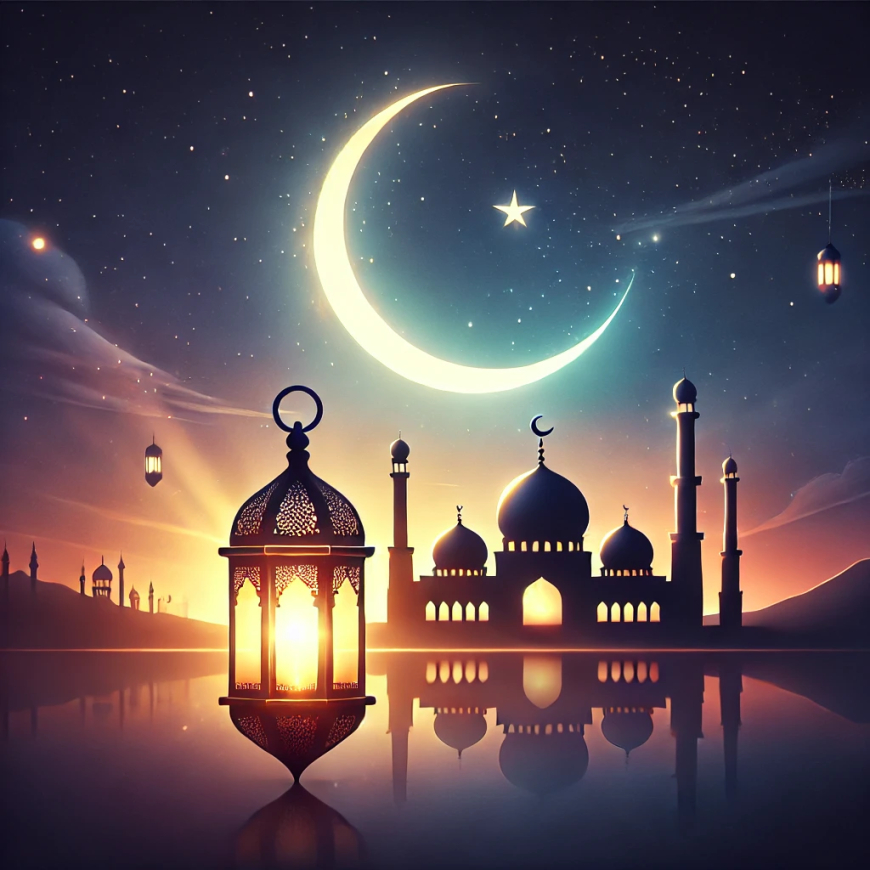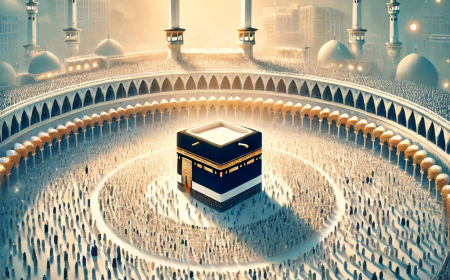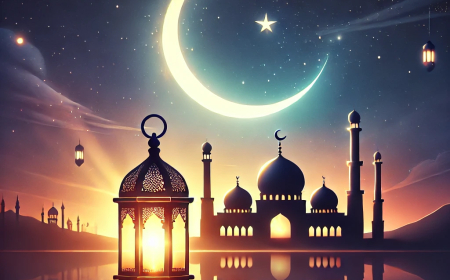What is Ramadan: A Month of Spiritual Reflection, Fasting, and Blessings
Experience the spiritual essence of Ramadan, a sacred month of fasting, prayer, and community. Learn about its significance, benefits, acts of worship, and the joyous celebration of Eid al-Fitr.

Ramadan, the ninth month of the Islamic calendar, is a sacred period observed by millions of Muslims worldwide. It is a time of fasting, prayer, reflection, and community, offering believers an opportunity to strengthen their faith and grow spiritually. The month is marked by a deep sense of devotion, self-discipline, and a heightened awareness of one’s relationship with God.
The Significance of Ramadan
Ramadan holds a special place in Islam as it was during this month that the first verses of the Quran were revealed to the Prophet Muhammad (peace be upon him). Fasting during Ramadan is one of the Five Pillars of Islam, making it an essential practice for Muslims. The act of fasting, known as Sawm, involves refraining from food, drink, smoking, and sinful behavior from dawn (Fajr) to sunset (Maghrib). The fast is broken with the evening meal, called Iftar, which traditionally begins with dates and water, following the Sunnah of the Prophet.
The Spiritual and Personal Benefits of Fasting
Fasting is more than just abstaining from physical needs; it is a spiritual purification process. It teaches self-control, gratitude, and empathy for those less fortunate. By experiencing hunger and thirst, Muslims develop a greater appreciation for their blessings and are encouraged to increase their acts of charity and kindness.
In addition to spiritual benefits, fasting also promotes physical health. It helps detoxify the body, improves metabolism, and enhances mental clarity. Many studies suggest that intermittent fasting can lead to weight management and improved overall well-being.
Acts of Worship and Devotion
Ramadan is a time of increased devotion and worship. Muslims engage in additional prayers, including the special nightly prayers known as Taraweeh, recite the Quran, and seek forgiveness for their sins. The last ten nights of Ramadan hold even greater significance, as one of these nights is believed to be Laylat al-Qadr (The Night of Decree), which is described in the Quran as "better than a thousand months."
The Spirit of Charity and Community
Ramadan fosters a strong sense of unity and generosity. Muslims are encouraged to give Zakat (charitable donations) and engage in acts of kindness. Many organize food drives, distribute meals to the needy, and support humanitarian causes. The communal aspects of Ramadan, such as gathering for Iftar and Suhoor (pre-dawn meal), strengthen bonds between families, friends, and the wider community.
Eid al-Fitr: The Joyous Celebration
The end of Ramadan is marked by Eid al-Fitr, a festive occasion that begins with a special prayer at the mosque. It is a day of gratitude, celebration, and sharing. Families come together to enjoy delicious meals, exchange gifts, and extend warm greetings of Eid Mubarak to one another. It is also a time to give Zakat al-Fitr, a mandatory charity given before the Eid prayer to ensure that everyone, including the less fortunate, can partake in the celebrations.
Conclusion
Ramadan is a time of immense spiritual growth, self-reflection, and acts of kindness. It teaches patience, humility, and gratitude while reinforcing the core values of Islam. As Muslims worldwide observe this sacred month, they find renewed faith, stronger community bonds, and a deeper connection with their Creator. Whether one is fasting or supporting those who are, Ramadan is a time of peace, generosity, and blessings for all.
What's Your Reaction?































